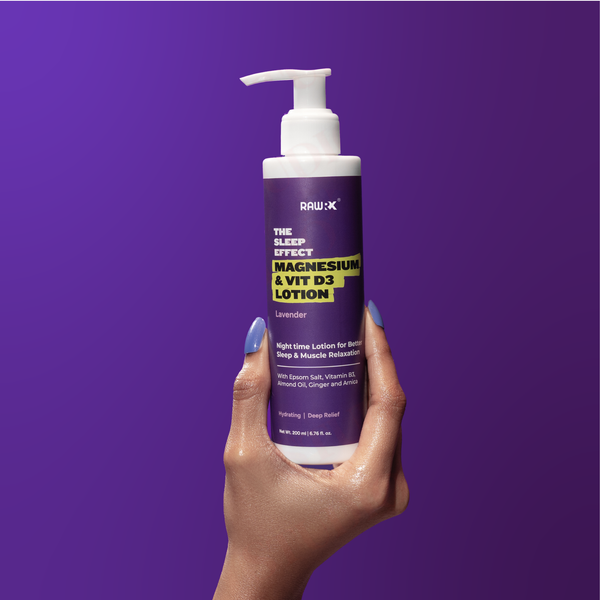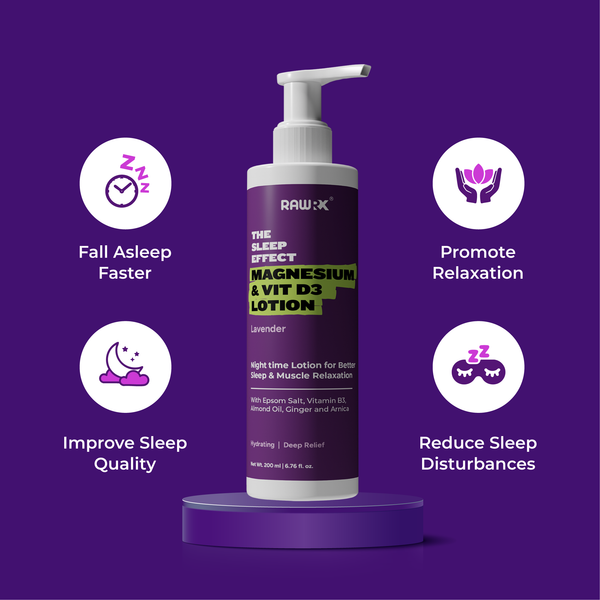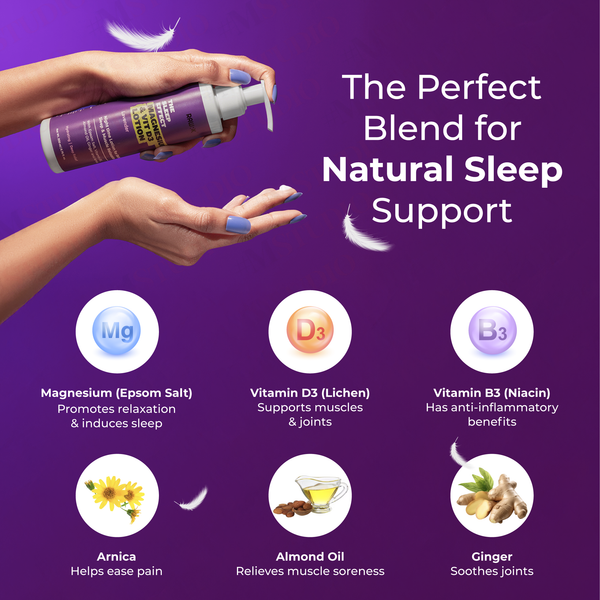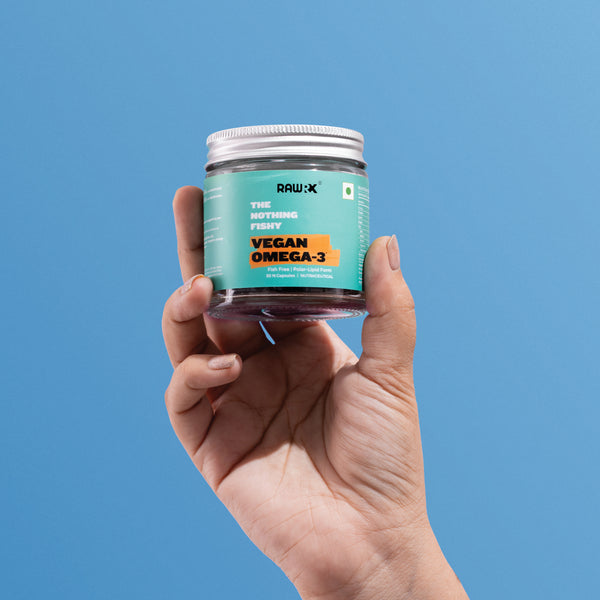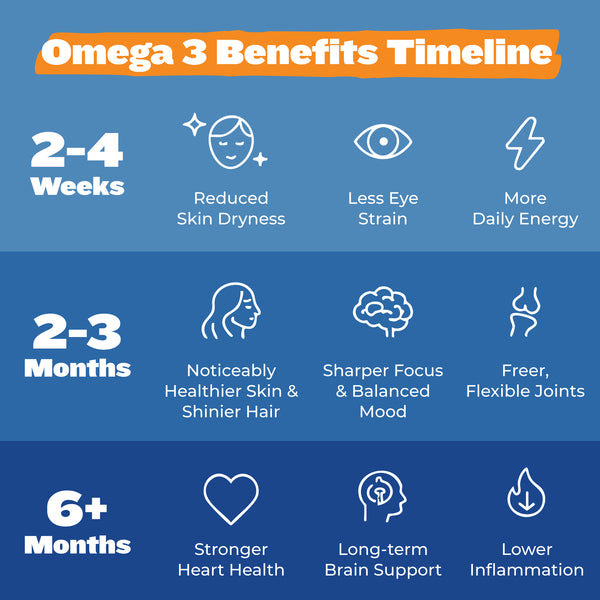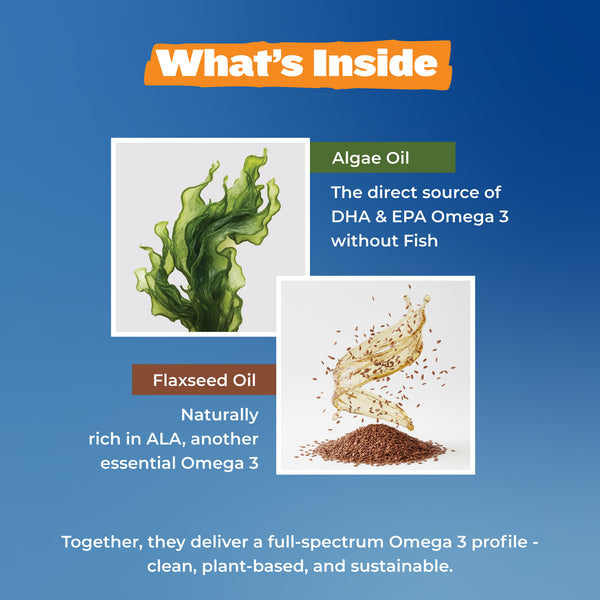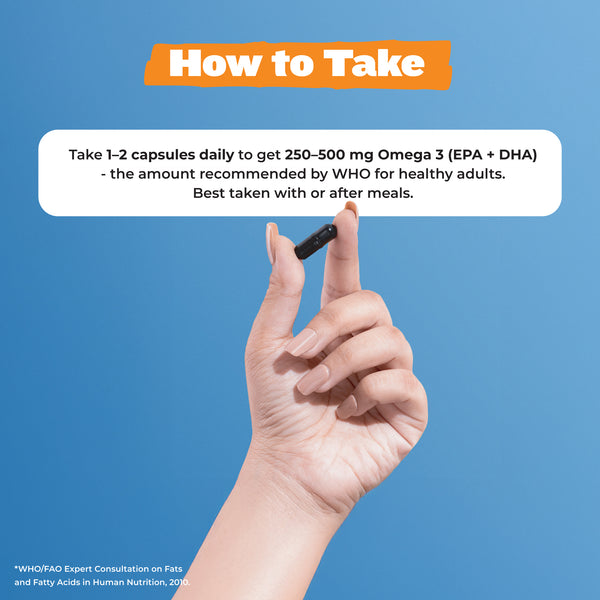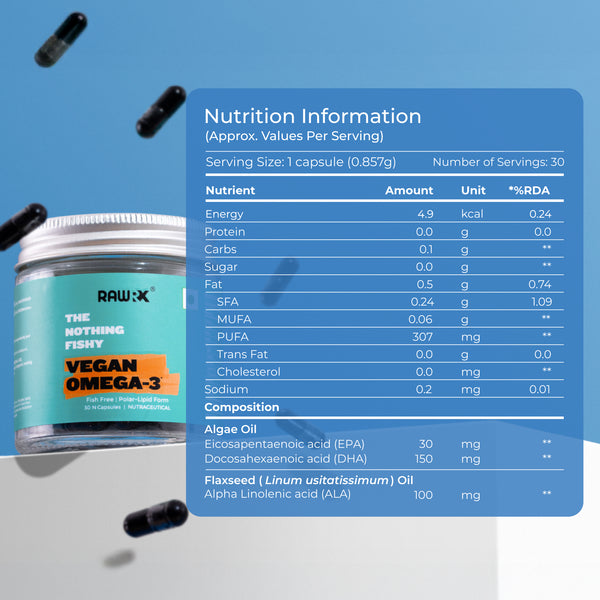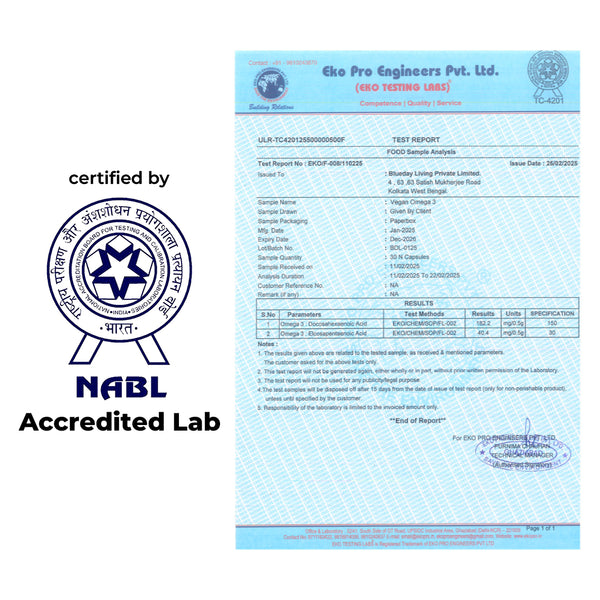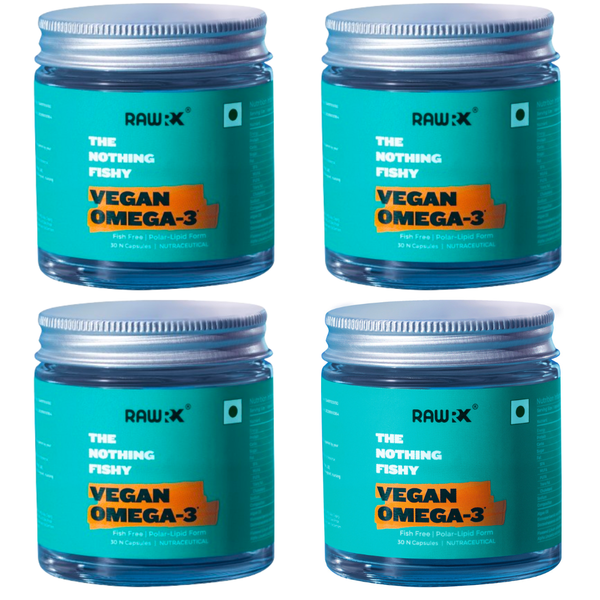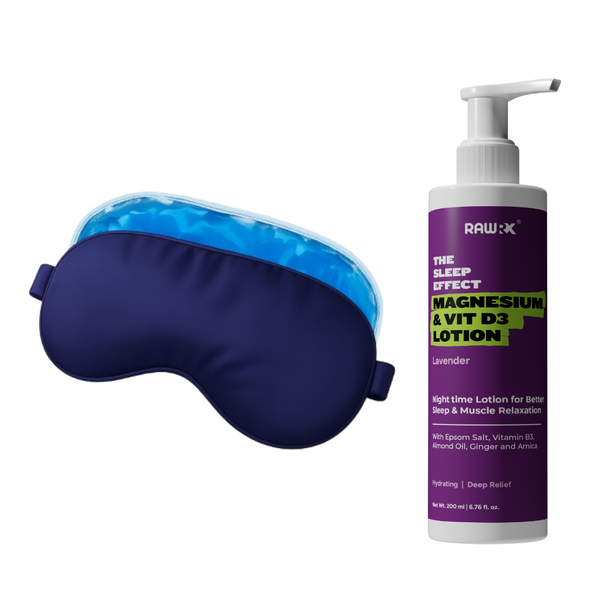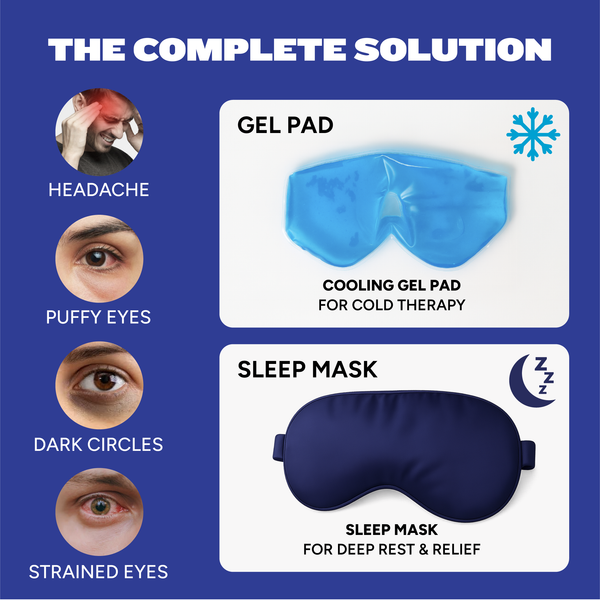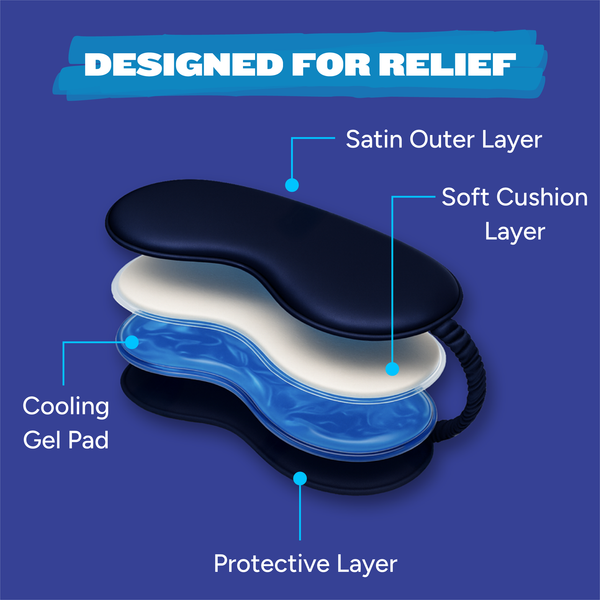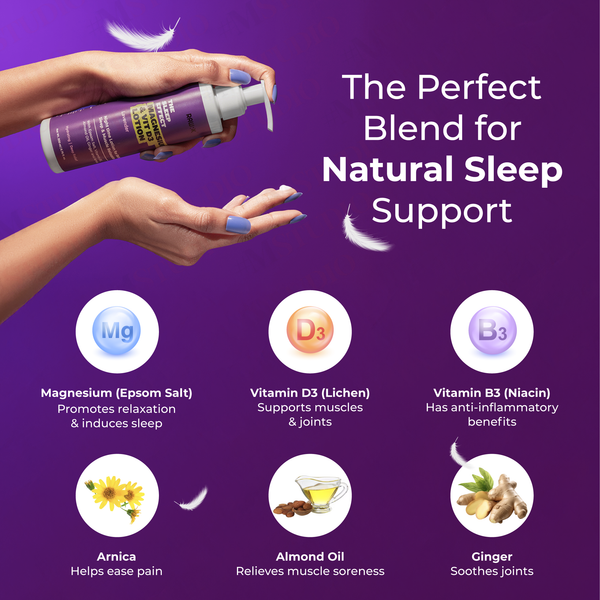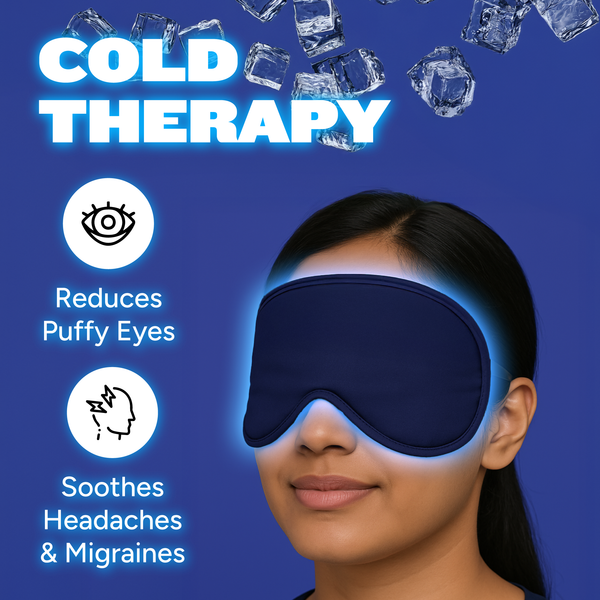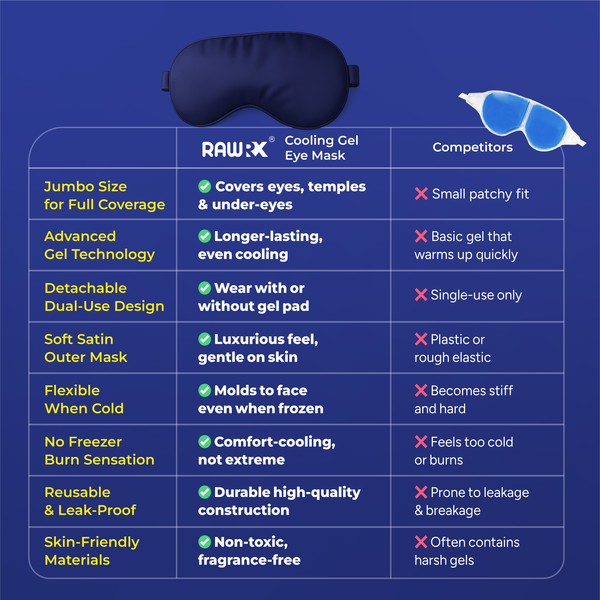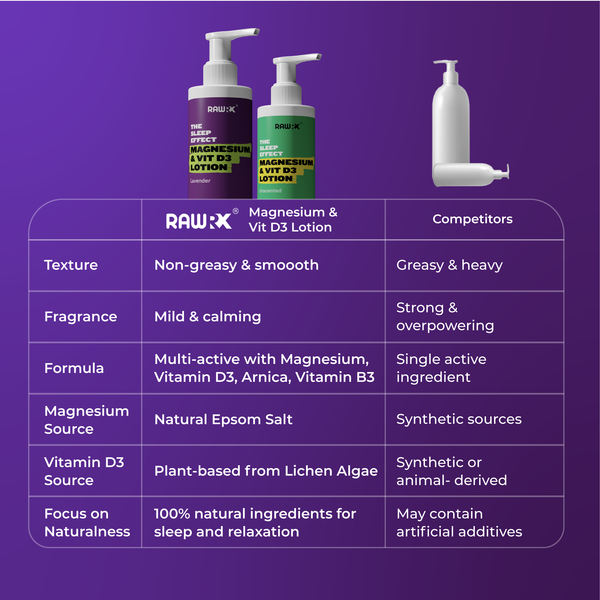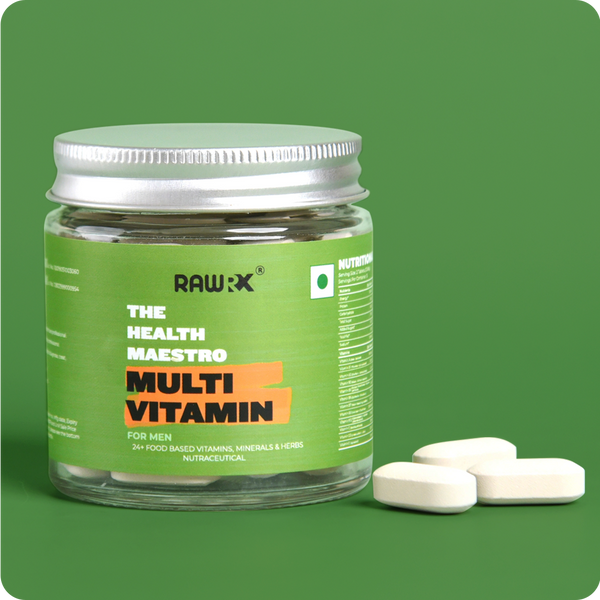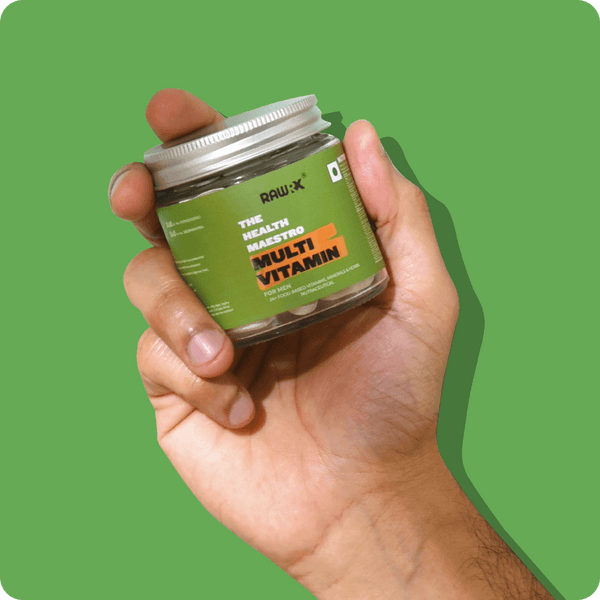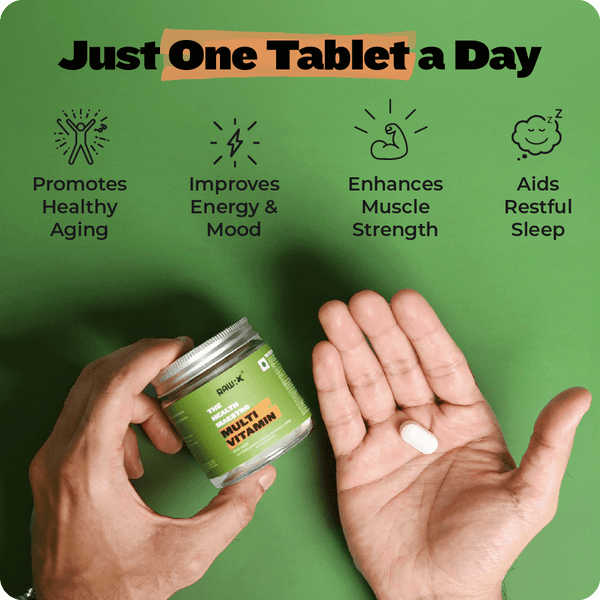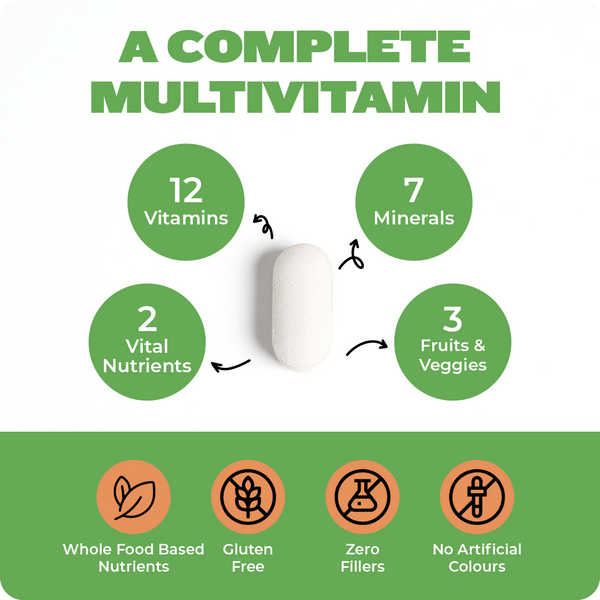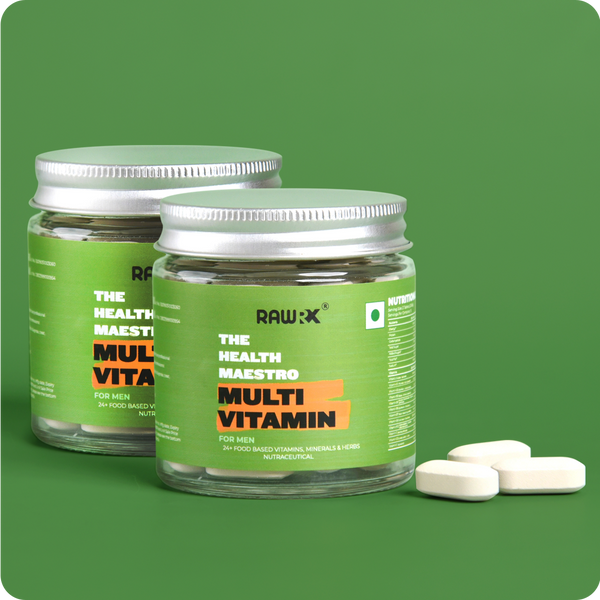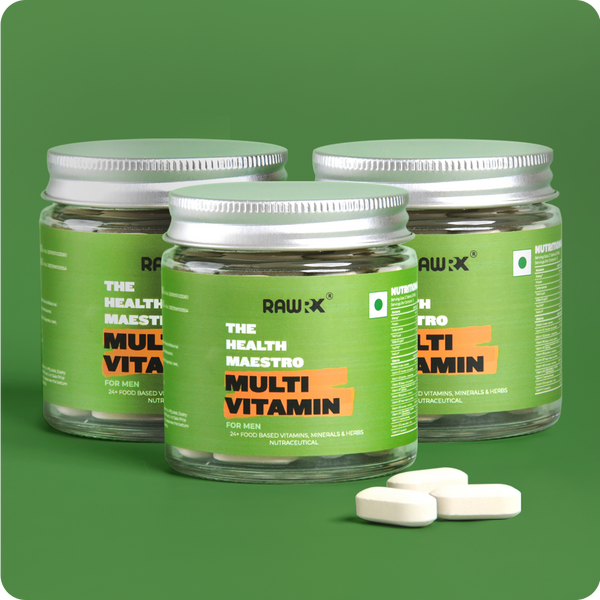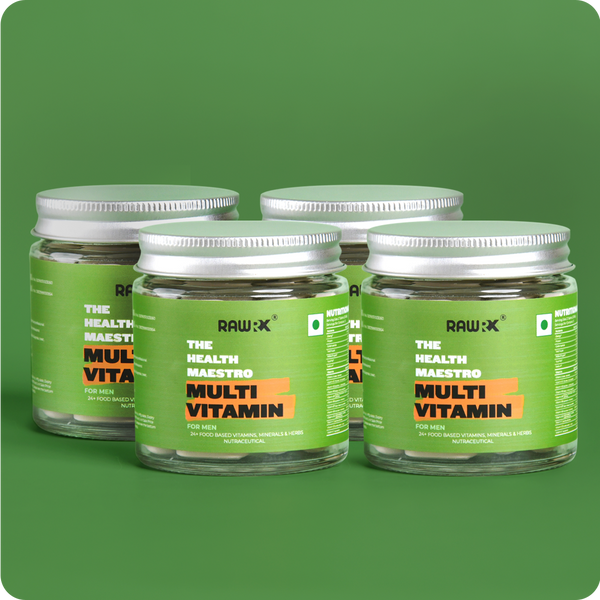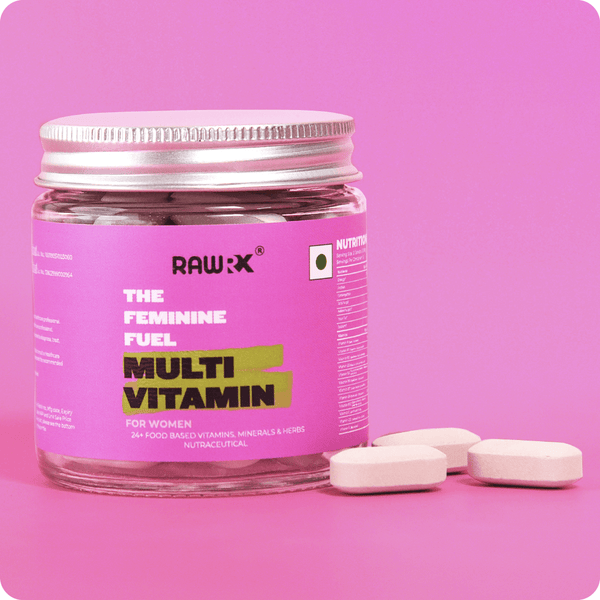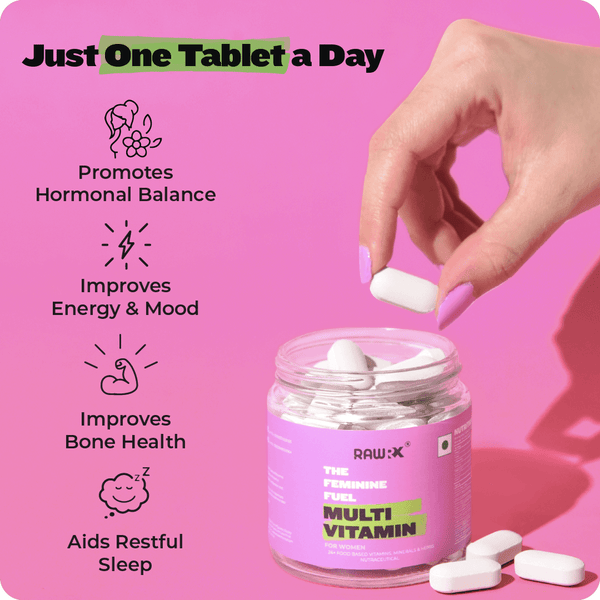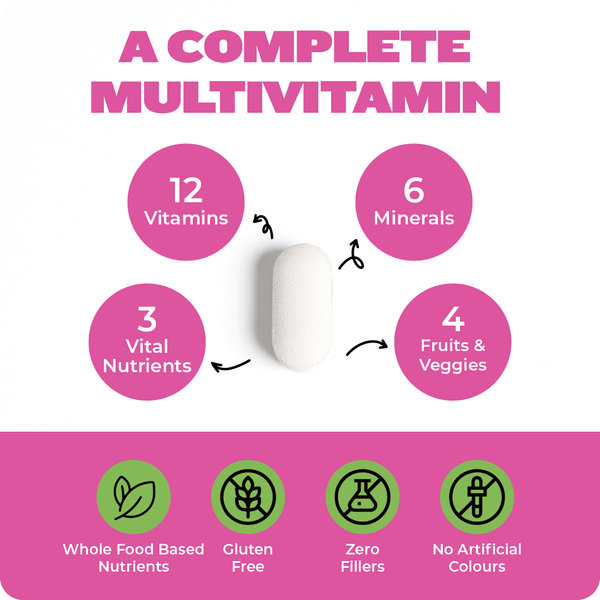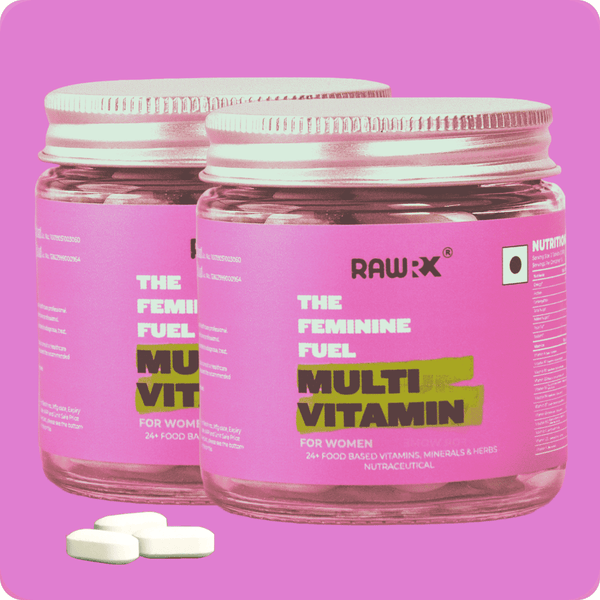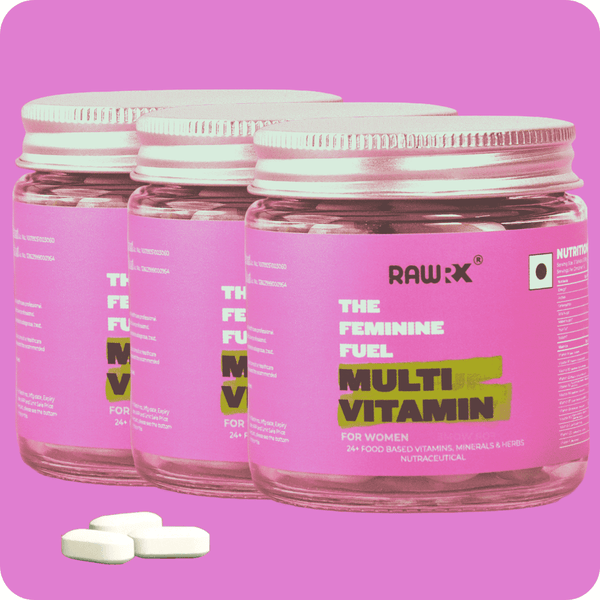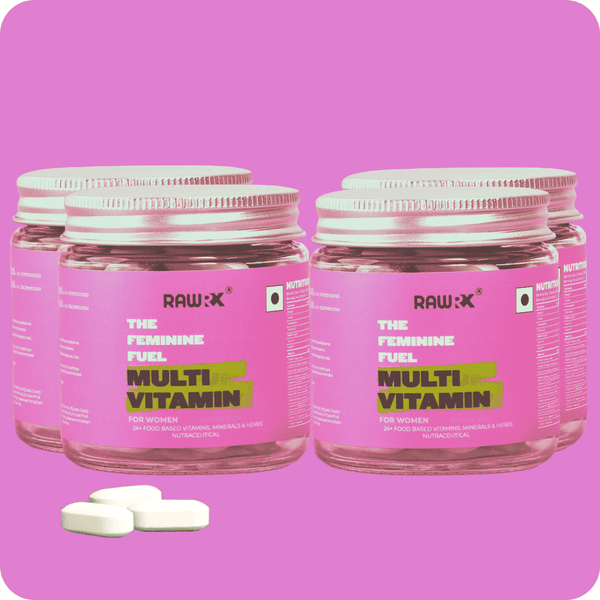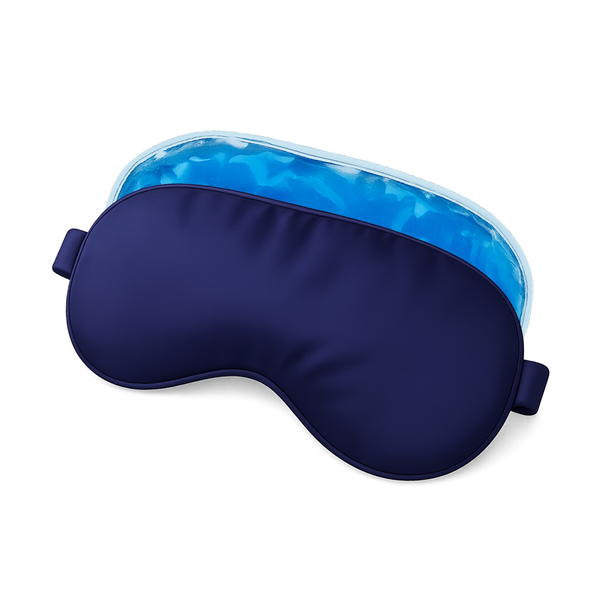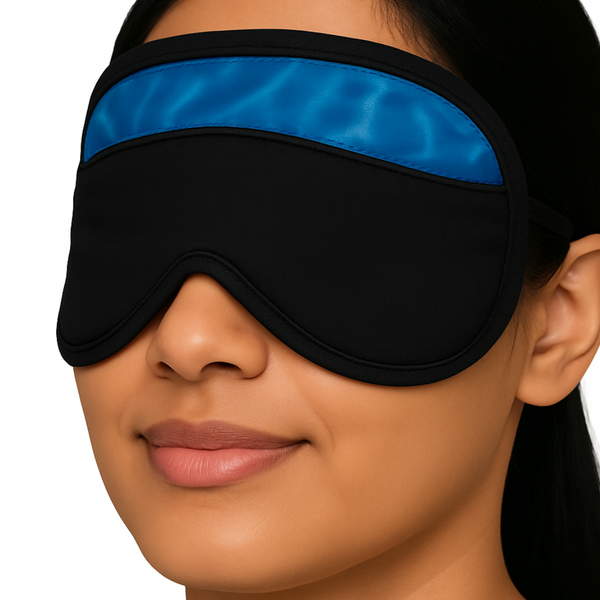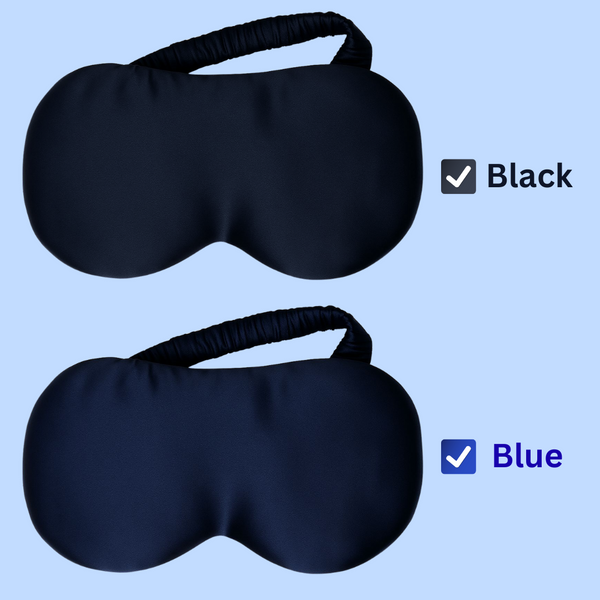5 Signs and Symptoms of Omega-3 Deficiency
5 Signs and Symptoms of Omega-3 Deficiency
It’s important to consume omega-3 fatty acids. Odds are you've heard about omega-3 fatty acids. And for good reason! From brain development to heart health, they've been found to have many different health benefits.
Omega-3s are nutrients you get from food (or supplements) that help build and maintain a healthy body. They’re key to the structure of every cell wall you have. They’re also an energy source and help keep your heart, lungs, blood vessels, and immune system working the way they should.
This article reviews 5 possible signs and symptoms of omega-3 deficiency and how to increase your omega-3 intake. The signs and symptoms listed in this article are based on preliminary research.
Here are 5 potential signs and symptoms of omega-3 deficiency.
1. Skin irritation and dryness
If your body lacks omega-3 fats, one of the first places you may notice it is in your skin. For instance, sensitive, dry skin, or even an unusual increase in acne may be a sign of omega-3 deficiency in some people.
2. Hair changes
Just as omega-3 fats help retain moisture in the skin, they also help keep your hair healthy. Changes in hair texture, integrity, and density may indicate a low omega-3 status.
3. Joint pain and stiffness
It’s common to experience joint pain and stiffness as you get older.
This may be related to a condition called osteoarthritis, in which cartilage covering the bones breaks down. Alternatively, it may be related to an inflammatory autoimmune condition called rheumatoid arthritis (RA).
Some studies have found that taking omega-3 supplements helps reduce joint pain and increase grip strength. Research also shows that PUFAs may help with osteoarthritis, though more human studies are needed (Vermel' #) (Loef et al. #) (Boe and Vangsness #).
However, it’s important to speak with your healthcare provider if you’re experiencing joint pain or arthritis symptoms. Or, take the RawRX FREE Online Consultation to find a natural treatment.
4. Dry eyes
Omega-3 fats play a role in eye health, including maintaining eye moisture and possibly even tear production (Bhargava et al. #).
5. Depression
Omega-3 fats are an essential component of the brain and known to have neuroprotective and anti-inflammatory effects (Layé et al. #).
How to improve omega-3 status
Omega-3s are a type of polyunsaturated fatty acid (PUFA). While they have many functions in our body and are important for good health, our bodies cannot produce them, so we have to get them through our diet (WS et al. #).
The three key types of omega-3 fats are:
- ALA (alpha-linolenic acid): Found in certain high-fat plant foods, especially flax seeds, chia seeds, and walnuts (WS et al. #).
- EPA (eicosapentaenoic acid): Found in fatty fish, seafood, fish oil and algal oil (WS et al. #).
- DHA (docosahexaenoic acid): Found in fatty fish, seafood, fish oils, and algal oil (WS et al. #).
If you don't eat fatty fish regularly (or are a vegetarian or vegan!), you may want to consider taking an omega-3 supplement with EPA and DHA.

